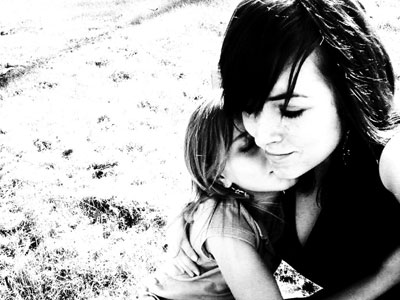All Nonfiction
- Bullying
- Books
- Academic
- Author Interviews
- Celebrity interviews
- College Articles
- College Essays
- Educator of the Year
- Heroes
- Interviews
- Memoir
- Personal Experience
- Sports
- Travel & Culture
All Opinions
- Bullying
- Current Events / Politics
- Discrimination
- Drugs / Alcohol / Smoking
- Entertainment / Celebrities
- Environment
- Love / Relationships
- Movies / Music / TV
- Pop Culture / Trends
- School / College
- Social Issues / Civics
- Spirituality / Religion
- Sports / Hobbies
All Hot Topics
- Bullying
- Community Service
- Environment
- Health
- Letters to the Editor
- Pride & Prejudice
- What Matters
- Back
Summer Guide
- Program Links
- Program Reviews
- Back
College Guide
- College Links
- College Reviews
- College Essays
- College Articles
- Back
How To Be The Oldest Sibling MAG
We all love our siblings, even if that love hides deep, deep within us. Billions of people around the world grow up with brothers and sisters, but only a fraction can claim the title of eldest. Some of you may find yourselves among this “fortunate” subgroup. But for the rest of you – the babies, the middle children, the only children, etc. – here’s an explanation of how childhood works from the perspective of the firstborn.
As firstborn, your life begins perfectly, because you are the only child. Your parents spend all their time with you, affectionate relatives swoon over you, and you are the ultimate center of attention – as it should be. But these early days of serenity don’t last. Years later, you will look back and long for the time when your parents’ attention wasn’t divided amongst smaller versions of you and there was no question as to who was number one in their hearts.
When you first hear the news of your yet-to-be-born little brother or sister, you rejoice along with your family. You think, Yes. My own personal playmate who heeds my commands. My parents are so thoughtful. You can’t wait to be the older sibling.
Then the little squirt is born.
Before long, you’re wonder if the whole “older brother/sister” thing is really what you wanted after all. In the first couple months of older siblinghood, you have a few realizations. First off, this thing doesn’t want to play with you. Ever. It’s perfectly content chewing on your toy robot’s head. Suddenly, you’re protecting your toys from the creature you had planned to enjoy them with.
Also, it can’t talk. It doesn’t get your jokes. It doesn’t answer your questions. It doesn’t tell you how great you are.
Here’s the real kicker. Once upon a time, you had everything in the world a kid could want – and now you have, at best, half. Your parents no longer have unlimited time to play with you, and suddenly your new sibling attracts the attention of relatives. With a baby in the family, the oldest child doesn’t get a second look.
As your sibling grows into a toddler, you hold onto a thread of hope: perhaps this thing will learn to admire you, and at least now it can play. But you find out that not only does it not admire you, it doesn’t want to play what you want. For some unforeseen reason, its opinion differs from yours.
When your toddler brother or sister wanders into your room, it sees fantastic toys and wants them all. The problem is, these are your toys, and you have no intention of letting the slimy blob of flesh get its germy hands on your stuff. But it doesn’t understand the concept of property. To it, what’s yours is its, and what’s its is still its.
So you whine, and it whines. You yell, and it yells back. Soon you’re both on the floor throwing tantrums, until a parent comes to put you both in time outs. Even worse, your parents blame you for the whole thing! According to them, being the older sibling means you’re always at fault. Obviously they hate you.
You and your little brother or sister grow up, and together you learn the value of compromise, tolerance, and sharing. You don’t always get along, but you no longer view your sibling’s birthday as an anniversary of the day you lost eternal happiness.
In fact, you start feeling protective of it. You get a bit angry when people insult your little abomination. Making fun of your sibling is a right reserved exclusively for you.
At the same time, you become a wealth of good advice. “Don’t do that.” “Fine, but don’t get caught.” “Stay away from [members of the opposite gender]; they’re disgusting.”
We oldest siblings should be proud of ourselves. We made it through childhood with little to no casualties in the process. In the end, maybe having a little brother or sister isn’t all that terrible. Somehow, after all the anger, arguing, crying, and bitterness, we still care about those little irritations we call siblings. Of course, they don’t need to know that.

Similar Articles
JOIN THE DISCUSSION
This article has 0 comments.
